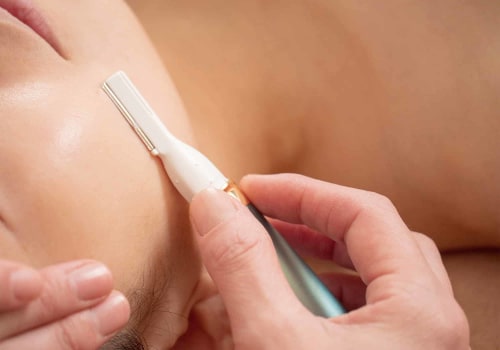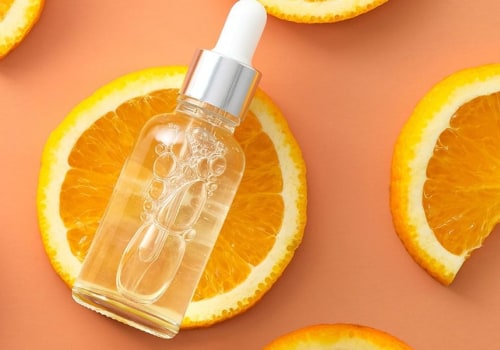Vitamin A comes in two forms, called retinoids and carotenoids. In animal foods, vitamin A comes in the form of retinol, the active form. Animal foods rich in vitamin A include beef or lamb liver. You probably don't eat them regularly.
You're more likely to get vitamin A from plant foods. Carotenoids, which the body converts to retinol, give plants their green color and some fruits and vegetables a red or yellow color. Among its functions, vitamin A helps maintain the integrity and function of surface tissues, such as the lining of the respiratory tract, intestine, bladder and skin. Researchers attribute vitamin A deficiencies to atopic dermatitis and delayed wound healing.
As with all fat-soluble vitamins, you should eat foods rich in vitamin A with a little healthy fat in the diet. Combine spinach, for example, with a hard-boiled egg or some grass-fed beef. Both overcooking and direct exposure to direct light can destroy a food's vitamin A content. Vitamin C is also a precursor to collagen synthesis.
In fact, a sufficient amount of vitamin C can increase collagen synthesis to repair damaged skin. As an antioxidant, vitamin C helps prevent oxidative stress, which plays an important role in the aging process and its impact on the skin. Vitamin C may help prevent and treat ultraviolet (UV) -induced damage. Among its other skin support functions, vitamin C can improve wound healing and prevent dry skin.
As with many other nutrients, vitamin C works best when combined with other antioxidants, such as vitamin E and zinc. As an antioxidant and powerful free radical scavenger, vitamin E can help reduce damage caused by UV rays to maintain healthy, radiant skin. Vitamin E may also help improve skin conditions, such as acne and psoriasis. You can also find topical vitamin E, which is a good moisturizer for dry, patchy skin.
Theoretically, the body can convert alpha-linolenic acid (ALA), an omega-3 fatty acid, into longer-chain EPA and DHA. However, several technical issues limit that conversion. Keep in mind that since foods rich in omega-3 fatty acids are prone to rancidity, store them in airtight containers and keep in mind the expiration dates. Along with a healthy diet, a good multivitamin can cover nutrients that you may not be getting enough from food.
Talk to your healthcare professional or chiropractor about using nutrients such as magnesium, curcumin, vitamin C, and omega-3 fatty acids to optimize skin vitality, health, and radiance at any age. Healthy items, healthy lifestyle, holistic nutrition, supplements, anti-aging vitamins, chiropractic, collagen, healthy aging, healthy joints, healthy lifestyle, healthy skin, holistic health, holistic health, joint health, MaxLiving, nutrition, skin, vitamin C, youthful appearance. National Library of Medicine 8600 Rockville Pike Bethesda, MD 20894. To help minimize the onset of these conditions, much interest has been aroused in the benefits of substances present in plants that help protect against the damaging effects of oxidative stress and chronic inflammation at the cellular level that contribute to longevity. Preserving heart and brain health is critical to achieving the desired longevity.
Resveratrol, olive leaf extract, grape seed extract, and medium-chain triglycerides are components of plant foods that may have anti-aging properties to help you not only live longer but also healthier. Vitamin C is the most common antioxidant found in the skin. It is also found in vegetables and citrus fruits. Like vitamin E, vitamin C is considered important for repairing free radicals and preventing them from becoming cancerous or accelerating the aging process.







